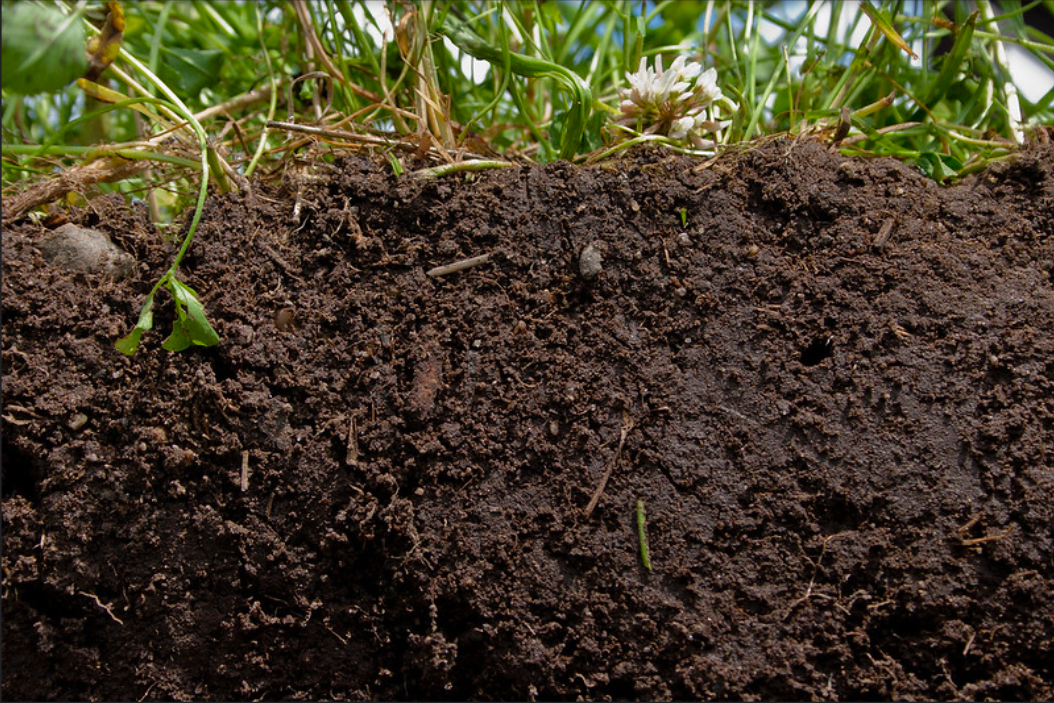top of page


Why COMPOST?
Benefits of compost

It's like a Multivitamin for your plants!
Use compost to improve soil for planting vegetable gardens, landscape areas and lawns. Adding compost to your soil improves its ability to accept and store water. It also helps aerate soil. Adding compost increases the activity of soil organisms.
Winter / Fall
I'm a paragraph. Click here to add your own text and edit me. I’m a great place for you to tell a story and let your users know a little more about you.
bottom of page